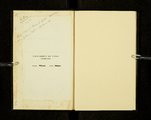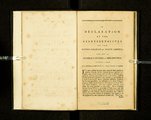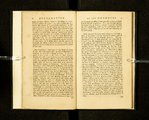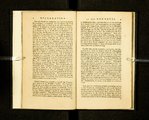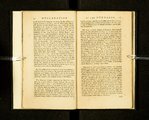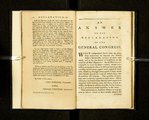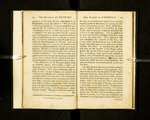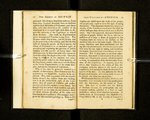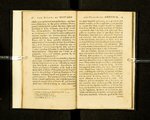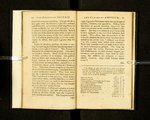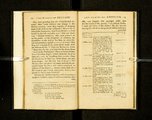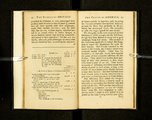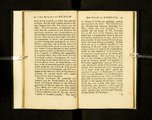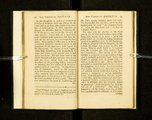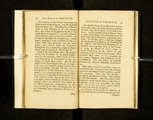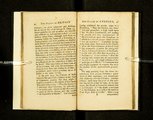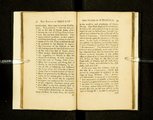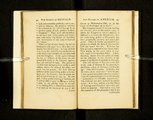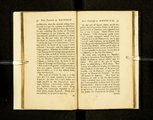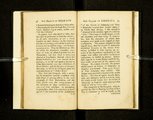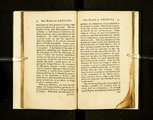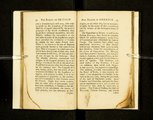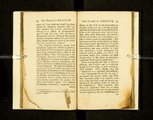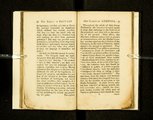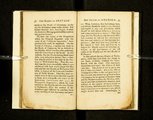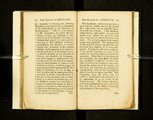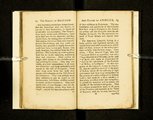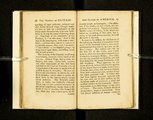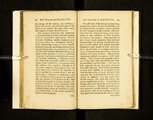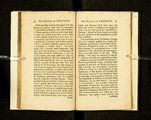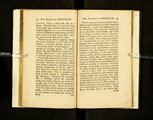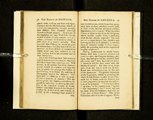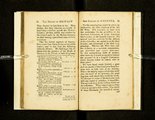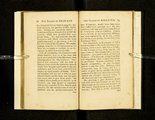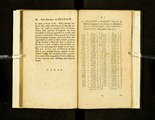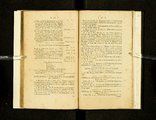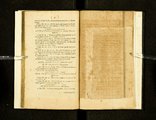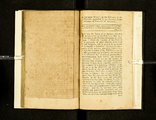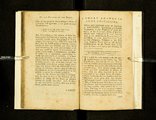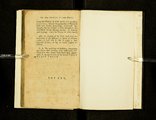| Title |
Rights of Great Britain asserted against the claims of America : being an answer to the Declaration of the general Congress. |
| Call Number |
E211 .E179; Record ID 9941380102001 |
| Date |
1775 |
| Description |
A response to the "Declaration by the representatives of the United Colonies of North America ... setting forth the causes and necessity of their taking up arms," dated, July 6, 1775. Published anonymously at the instance of the British government, and reprinted in Philadelphia with "A few more words, on the freedom of the press, addressed by the printer, to the friends of liberty in America" at the end. Variously attributed to Lord George Germaine and Sir John Dalrymple, but many scholars agree that the author was Scottish writer James Macpherson.. |
| Creator |
Macpherson, James, 1736-1796. |
| Subject |
Great Britain--Colonies--America; United States--Politics and government--1775-1783; United States--History--Revolution, 1775-1783--Causes |
| Type |
Text |
| Format |
application/pdf |
| Language |
eng |
| Spatial Coverage |
United States; Great Britain |
| Collection Name |
Rare Books Collection |
| Holding Institution |
Rare Books Division, Special Collections, J. Willard Marriott Library, University of Utah |
| Rights |
 |
| Scanning Technician |
Ellen Moffatt |
| ARK |
ark:/87278/s6032tzs |
| Setname |
uum_rbc |
| ID |
1315499 |
| Reference URL |
https://collections.lib.utah.edu/ark:/87278/s6032tzs |



